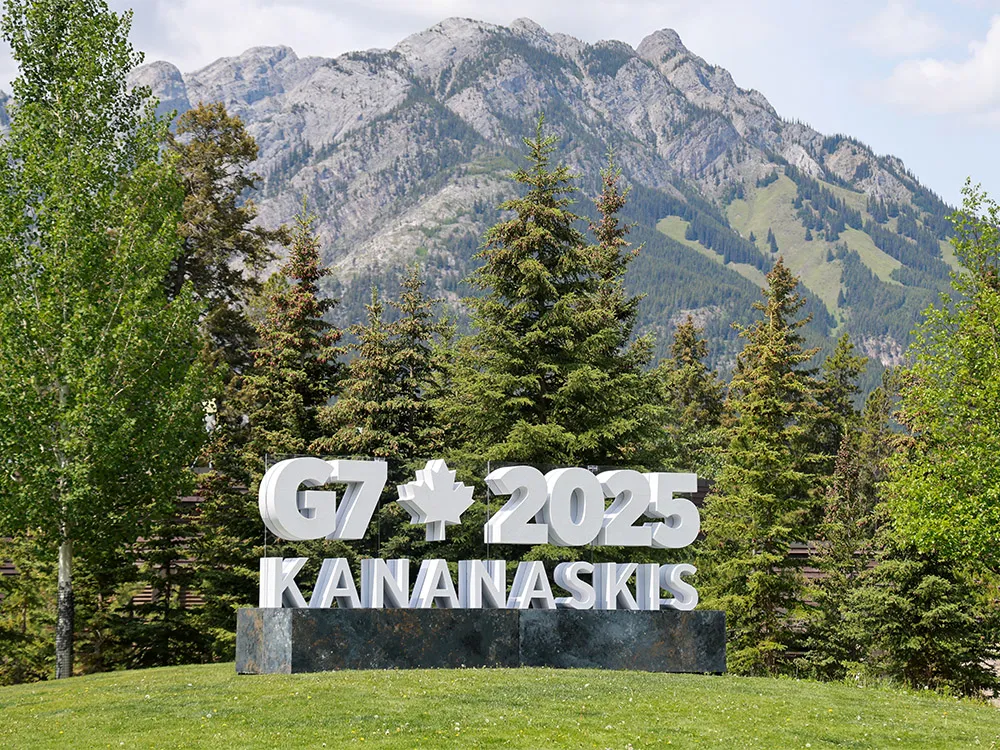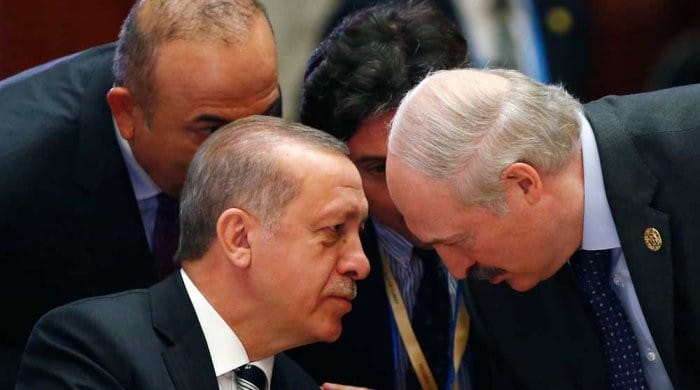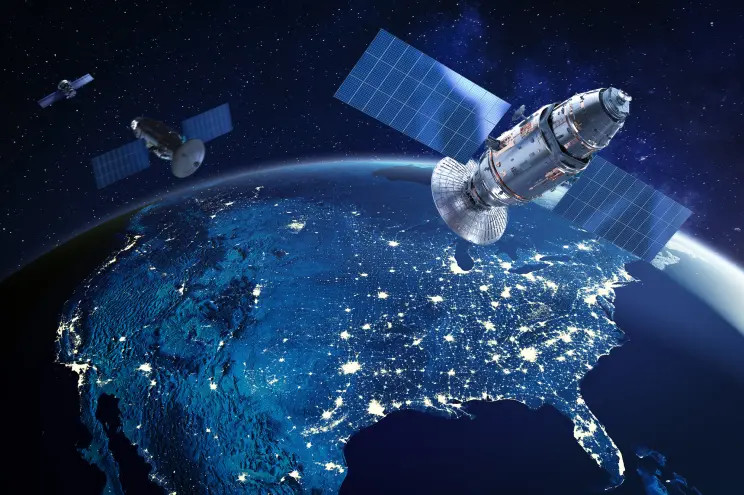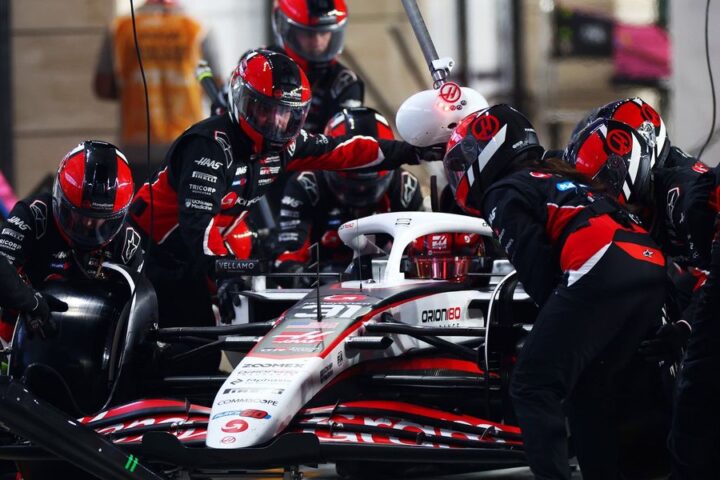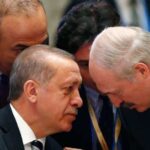As the G7 summit unfolded on 16–17 June, Ukrainian President Volodymyr Zelenskyy made a strategic appearance to rally global consensus around strengthening pressure on the aggressor state. The result: the UK officially introduced a fresh round of sanctions against Russia—a move widely seen as a green light for future US alignment on the matter.
Britain Steps Forward, US Keeps Powder Dry
On 17 June 2025, the United Kingdom announced a significant new sanctions package targeting Russia’s financial and industrial sectors. While the United States has yet to follow suit, recent history suggests it’s only a matter of timing. Washington rarely leads in launching sanctions; instead, it typically joins forces once European allies act first.
Between 2022 and 2025, the US initiated sanctions against Russia independently on just two occasions—most notably in 2023 when it restricted exports of high-tech goods. The majority of restrictions have followed the EU’s lead, a pattern that seems to be holding as coordination deepens across the Atlantic.
Trump’s Position: Hesitation or Strategic Posturing?
While Donald Trump’s comments have sparked speculation about a softer stance, foreign policy experts like Kurt Volkerinterpret this as calculated diplomacy. Trump’s past tactics suggest a carrot-and-stick approach: propose a path to de-escalation, then pivot to hard pressure if talks stall.
That pressure could take many forms, from complete SWIFT disconnection for remaining Russian banks to sanctions on state entities like Rostec, Rosatom, and shipping companies linked to the so-called shadow fleet. Rather than full-scale military threats as seen in the Iran case, Russia may face relentless economic suffocation.
After June’s Missile Strikes, Sanctions Become Even More Urgent
The deadly Russian strikes between 16–17 June have reignited calls for consolidated G7 action. Analysts agree that targeting Russian banks, energy interests, and defence-related technology access will constrain the aggressor’s war machine.
Key goals include:
- Cutting off Russia’s access to critical technologies;
- Delaying or halting weapons production and modernisation;
- Closing loopholes in existing sanctions schemes.
The next sanctions package is also expected to send a strong signal of unity among Ukraine’s backers and could serve to boost Kyiv’s leverage in future ceasefire negotiations.
Blocking the Weapons Pipeline from Iran, North Korea, and China
A critical front in the sanctions battle is disrupting Russia’s increasing reliance on covert arms supply chains. Between 2024 and 2025 alone, at least 85 Iranian cargo flights brought in Shahed-136 drones, cruise missile components, and ammunition to Russia.
Effective sanctions must now focus on:
- Logistics firms in third countries that facilitate illicit transfers;
- Financial networks enabling settlement of these arms contracts.
These measures are designed to sever Russia’s backdoor military resupply routes, especially those flowing from Iran, North Korea, and China.
Sanctions as a Clear Signal of International Resolve
The coordinated moves by the G7, EU, Australia, Canada, and South Korea reaffirm a strategic posture: Russia will be contained, not appeased. These sanctions aren’t merely economic—they are political statements of enduring support for Ukrainian sovereignty and a rules-based international order.
Moscow’s False Bargaining: Sanctions in Exchange for Ceasefire?
In spring 2025, Russian intermediaries in Turkey, the UAE, and via UN backchannels floated proposals to lift sanctions in exchange for limited ceasefires or “humanitarian concessions”. But Western nations have largely dismissed these offers as insincere.
True relief from sanctions, they argue, can only come in exchange for:
- Full Russian military withdrawal from Ukrainian territory;
- Reparations for destroyed infrastructure;
- Binding guarantees of non-aggression going forward.
Anything less would be a reward for aggression, not a pathway to peace.
